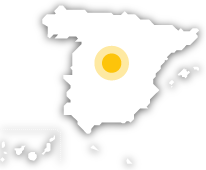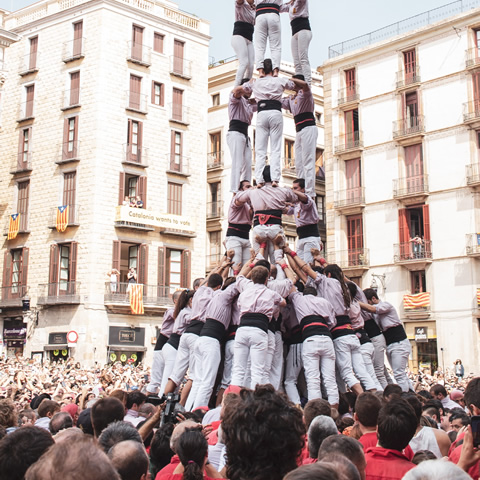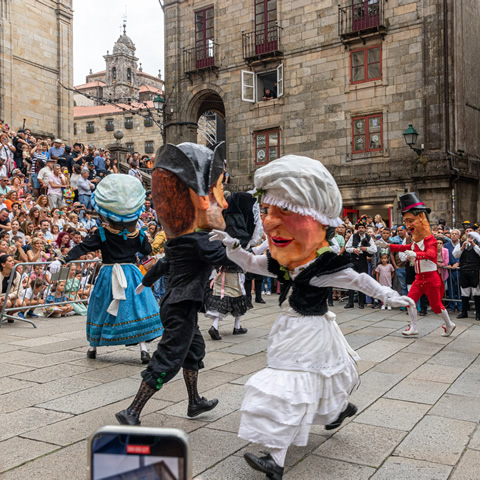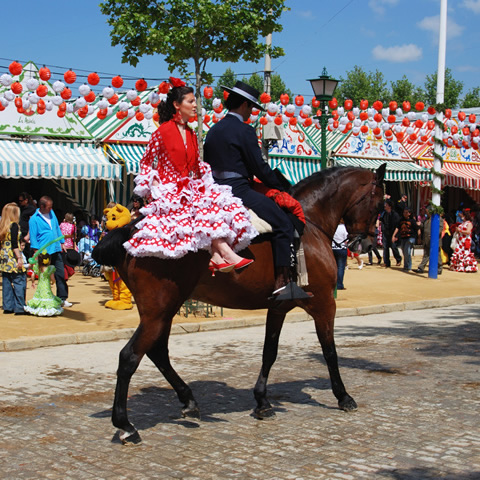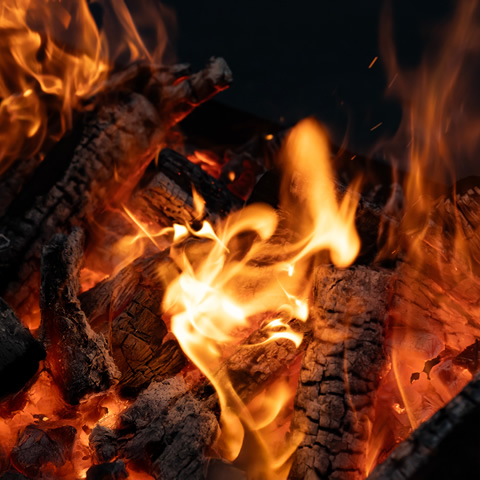
Do you know these traditions and curiosities of Spain? #Spainquiz
Paella, flamenco... They are part of Spain's culture and perhaps the first thing that comes to mind when you think of gastronomy and traditions. However, there are surely many other Spanish curiosities that you don't know about and that you will find useful if you are planning your trip.
Test your knowledge by taking this test and remember that, to become an expert on Spain, the best thing to do is to come and visit!
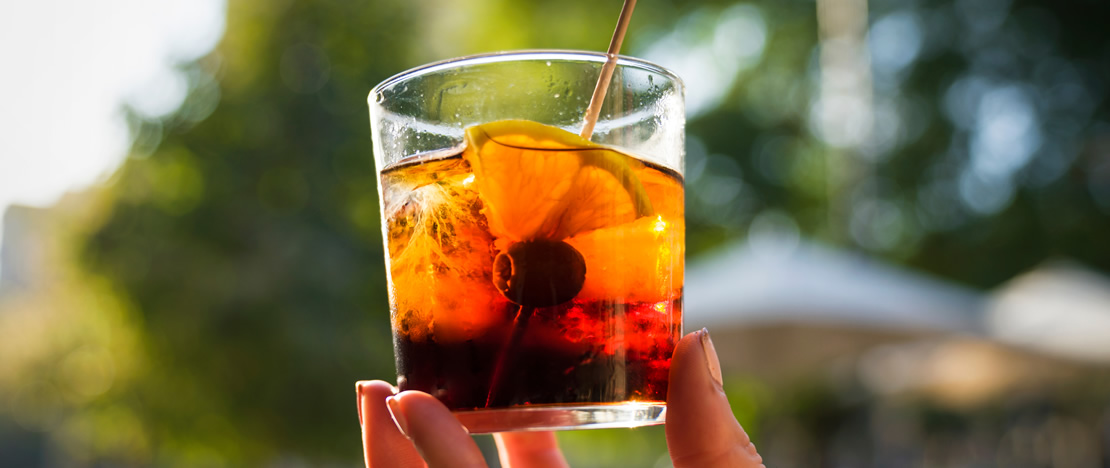
That's right! In addition to being a popular drink originating from Reus (Catalonia) - with its own Museo del Vermut- and Moguer (Huelva), vermouth is a deeply-rooted custom throughout the country that involves sharing a drink and some tapas before eating.
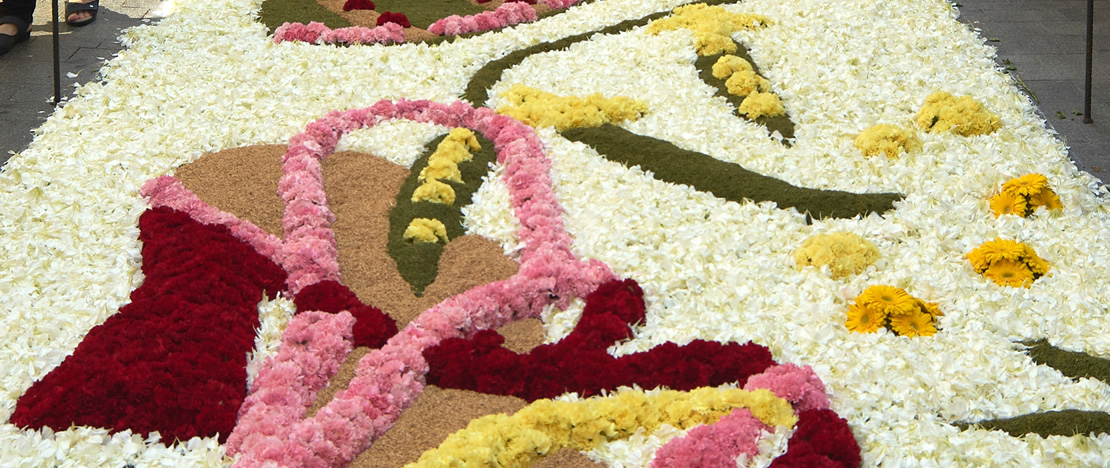
Correct! During the feast of Corpus Christi many cities in Spain “dress up” with their famous and traditional floral carpets. Castropol (Asturias), Sitges (Barcelona), Ponferrada (León) or Ponteareas (Pontevedra) are just some of them.
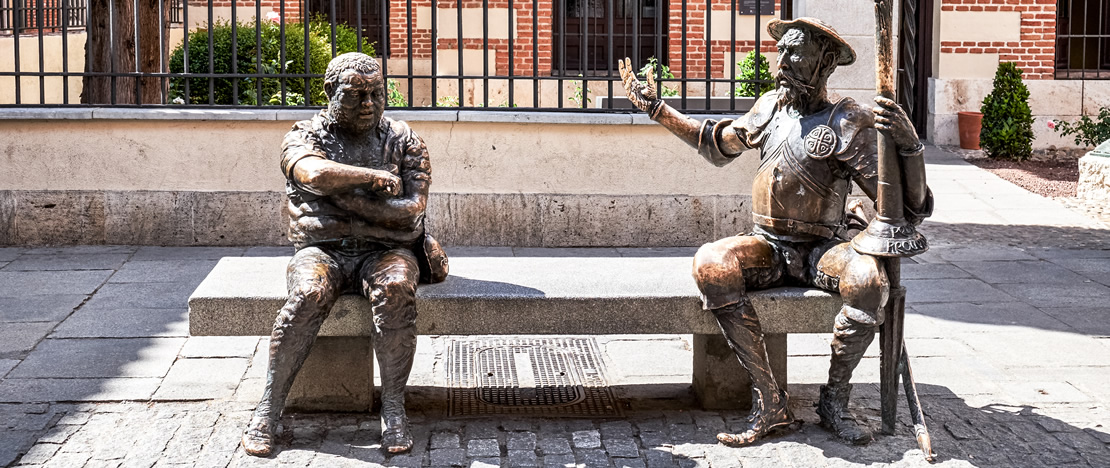
That’s right! Both World Book Day and the Sant Jordi festival are a tribute to world literature and are celebrated on 23 April. In Spain, it is customary to hold continuous readings of Don Quixote, starring Don Quixote and Sancho Panza, in emblematic public places such as the Círculo de Bellas Artes in Madrid. Sant Jordi is also the patron saint of Catalonia and another tradition there is to give books and roses.
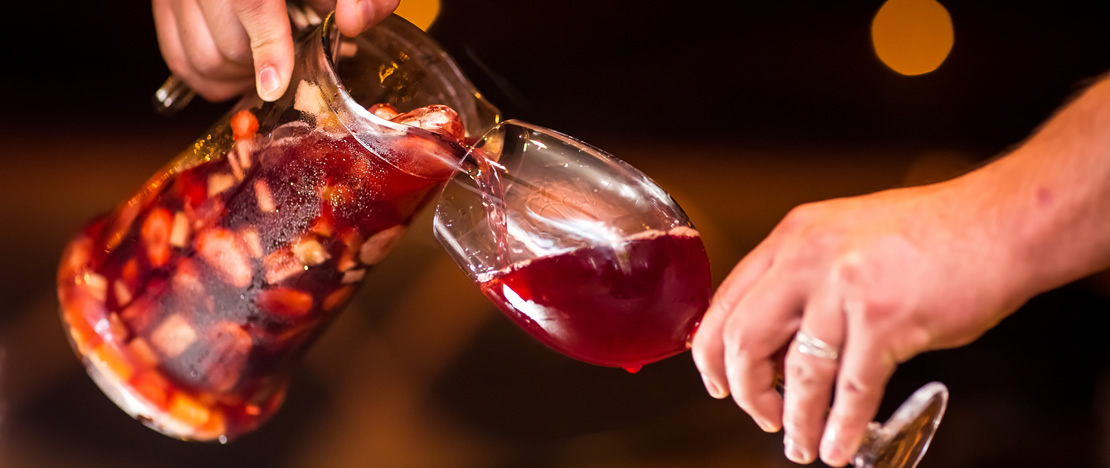
Correct! Sangria is one of Spaniards’ favourite drinks for toasting at celebrations, and it is served in a large glass pitcher with plenty of ice and pieces of fruit. Although the ingredients may vary depending on the area, the usual ingredients are red wine, orange juice or carbonated soft drink, a few drops of an alcoholic beverage, such as rum, and a pinch of sugar.
Correct! The apostle St. James is one of the patron saints of Spain. The ancient pilgrimage of the Camino de Santiago, awarded the World Heritage designation by the UNESCO, aims to reach the city of Galicia that bears the apostle's name, Santiago de Compostela and in whose cathedral his remains rest. 25 July is a public holiday in several Spanish regions such as Galicia, Madrid, Navarre, Cantabria and the Basque Country.

Correct! Since its release in 1993, this popular dance song performed by the duo from Seville “Los del Río” has become one of the world's biggest musical hits. “Macarena” is the most listened to and best-selling song in Spanish, with over 4,500 versions.

That’s right! In 2023, the Banco de España commissioned the American photographer Annie Leibovitz to take portraits of the king and queen of Spain, which would be added to its collection of official portraits at its headquarters building in Madrid.

Correct! Rosalía, accompanied by an elegant staging with flamenco guitarists, remembered the historic Spanish singer Rocío Jurado by performing one of her most famous songs. The ceremony also coincided with the International Day of Flamenco, which every 16 November commemorates the date it was awarded with the World Heritage designation by the UNESCO.
Correct! Las Fallas in Valencia and the spectacular Bonfies of San Juan in Alicante, both recognised as Festivities of International Tourist Interest, in which fire plays the leading role. The former for the final burning of the ninots or satirical cardboard sculptures that give meaning to the celebration and the latter because it is in itself a celebration of the cult of fire.

Correct! One of the most peculiar Christmas traditions in Spain is the custom of eating 12 grapes to the rhythm of the chimes that mark the beginning of the new year. In some regions, such as Cantabria, they also eat torrijas, a popular Easter Week dessert similar to French toast.
Thanks for showing us everything you know about Spain!
You have achieved a score of
You deserve the bronze medal.

Thanks for showing us everything you know about Spain!
You have achieved a score of
You deserve the silver medal.

Thanks for showing us everything you know about Spain!
You have achieved a score of
You deserve the gold medal.

